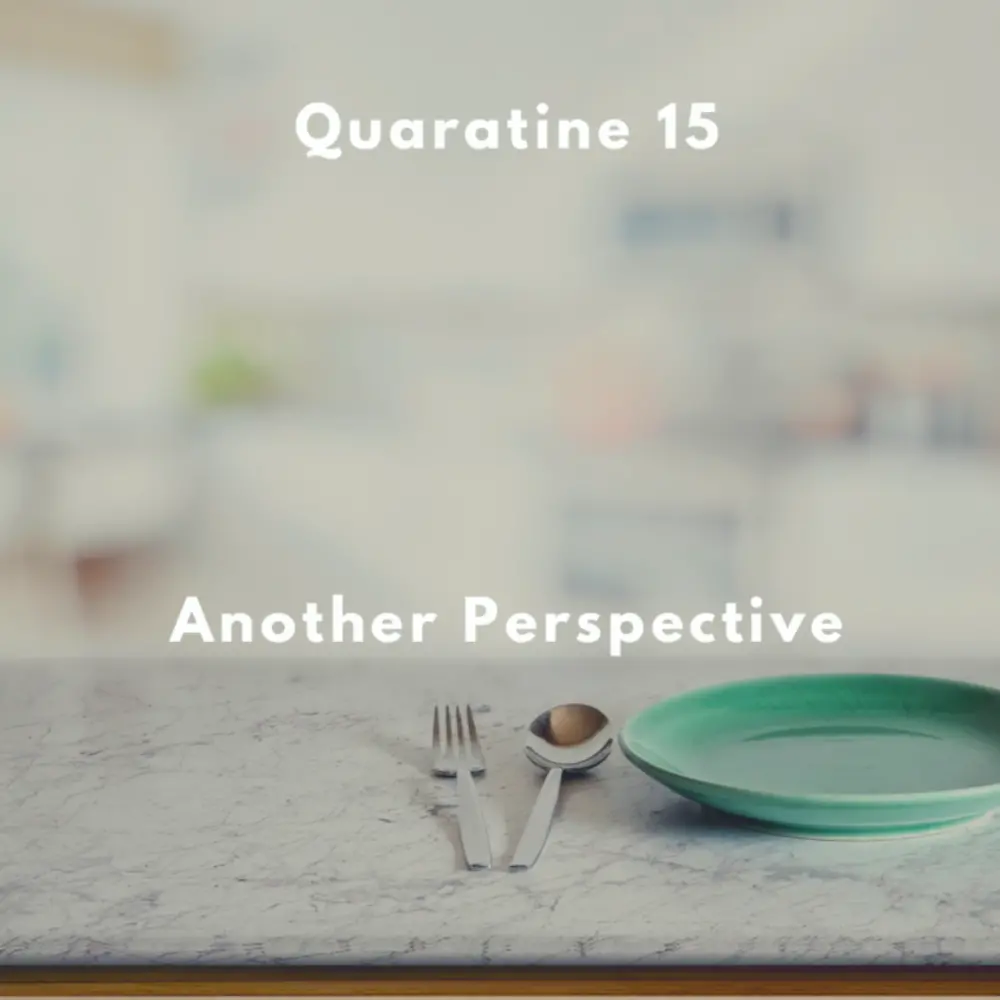
54 – What is your Quarantine 15 for self care? with Lisa Kehler
- Lisa Kehler
Subscribe: Apple Podcasts | Google Podcasts
The Quarantine 15. Has the Covid-19 pandemic added extra stress and anxiety around your relationship with food and your body? You aren’t alone.
Social distancing, working from home, gym and yoga studio closures, isolation and a myriad of other unexpected challenges we couldn’t have imagined have impacted us on so many levels. If you struggle with emotional eating and using food to cope with stress, loneliness, sadness or boredom you are all too aware of this.
And then “The Quarantine 15” flooded social media – a reference to weight gain during quarantine. According to social media our best is not good enough (See #3 and #12 below). Actually, you are doing your best and it IS good enough. You are taking care of yourself the best way you can right now and that’s great.
No one needed that fear mongering or extra stress, especially those of us working towards a more accepting view of our bodies and a more peaceful relationship with food. What is interesting is that I actually heard something very different from the dreaded “Quarantine 15” from clients.
Some learned they hated their 5:00am gym workouts and were only doing it to earn and burn food. Some realized that they never want to go back to raw vegetables and salads for lunch five days a week. One client was more sure than ever she hated cooking and was praying Skip The Dishes would remain alive and well. Another overcame her fear of fat and discovered the delight of choosing any recipe that looked good in the moment.
These clients experienced how their body adjusted their appetite according to activity and how they actually WANTED to move when sedentary for a long time. Mindfulness practices around eating and moving were very helpful but equally helpful was awareness of all of their needs in such a stressful time. That is what really kept them in balance.
This balance is what made tighter pants not such a big deal. Experience and a little courage was showing them that their bodies would figure it out in an environment of whole-person self-care. This is true for all of us, including you. This is especially important right now as we are faced with so many life changes that keep evolving. Balance. Coming back repeatedly to whole-person self care.
You can do this! Start by examining what self-care means for you and create your own “Quarantine 15”. Seriously, the first step (and possibly hardest) is setting aside some time to truly think about this. Just do it – because you matter. Period.
Some ideas to get you started (many of these are from my own personal list):
MY QUARANTINE 15:
1. SELF-CARE: Do your best to have regular and balanced meals and snacks instead of grazing all day. This prevents you from thinking about food all the time because you’re never quite satisfied. Check in to see how this impacts your energy and how you feel.
2. SELF-CARE: If you work from home and find yourself wandering to the fridge all the time considering checking in to see if you’re really hungry before you open the door.
3. AFFIRMATION: I’m doing my best to take care of myself and that’s good enough.
4. AFFIRMATION: My body is adapting to a new situation.
5. AFFIRMATION: My body is wise and will figure it out as I choose self-care.
6. AFFIRMATION: I matter. My feelings matter and my real needs deserve to be met.
7. SELF-CARE: Watch an uplifting movie with a friend virtually. Find an enjoyable way to connect with others.
8. SELF-CARE: Go outside daily, try a short walk or just breathe mindfully if that’s what you can manage in that moment.
9. SELF-CARE: Watch for anxiety and gently explore what it’s about. Gently.
10. A PLAIN FACT: You have full permission to eat what, when and how much you want.
11. SELF-CARE: If someone’s social media makes you feel bad or causes you to compare yourself or your eating unfollow immediately.
12. AFFIRMATION: Just because it’s posted doesn’t mean it’s true, helpful or worth my time.
13. AFFIRMATION: I notice when my body feels like moving and when it feels like resting.
14. SELF-CARE: Have something enjoyable planned every day that does not involve food. Ie-reading, crafting, favourite tv show, talking to a friend, a walk, etc
15. SELF-CARE: When you have awareness that you are coping with food take a moment and ask yourself, “What is my real need? How can I get this need met without food?”
If you want to know more check out Conversations With Safe Harbour Podcast, Episode 54.
I am here to support you, all you have to do is reach out by emailing me at lisa@offyourplatenutrition.ca or reach me through my website: www.offyourplatenutrition.ca
